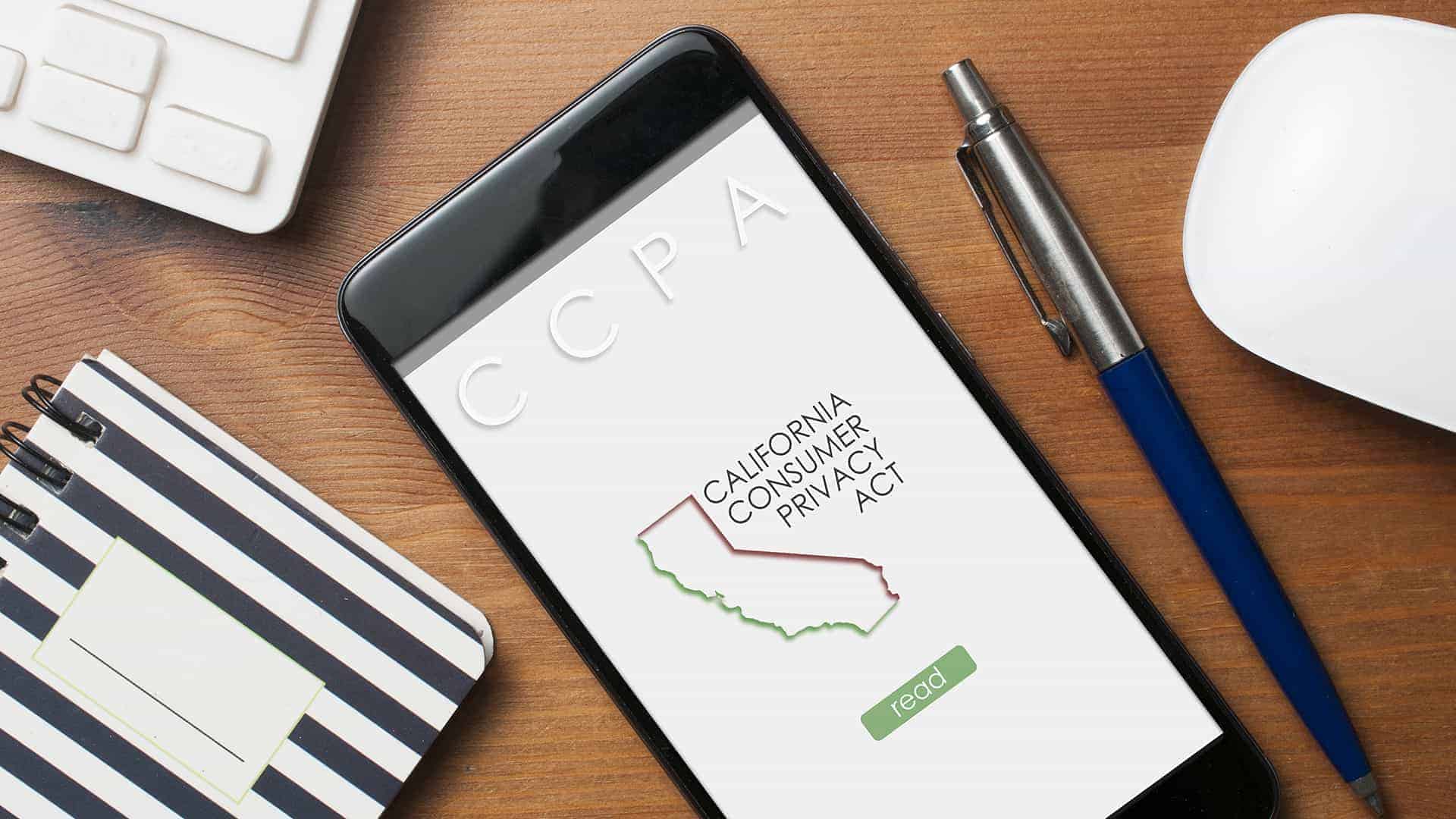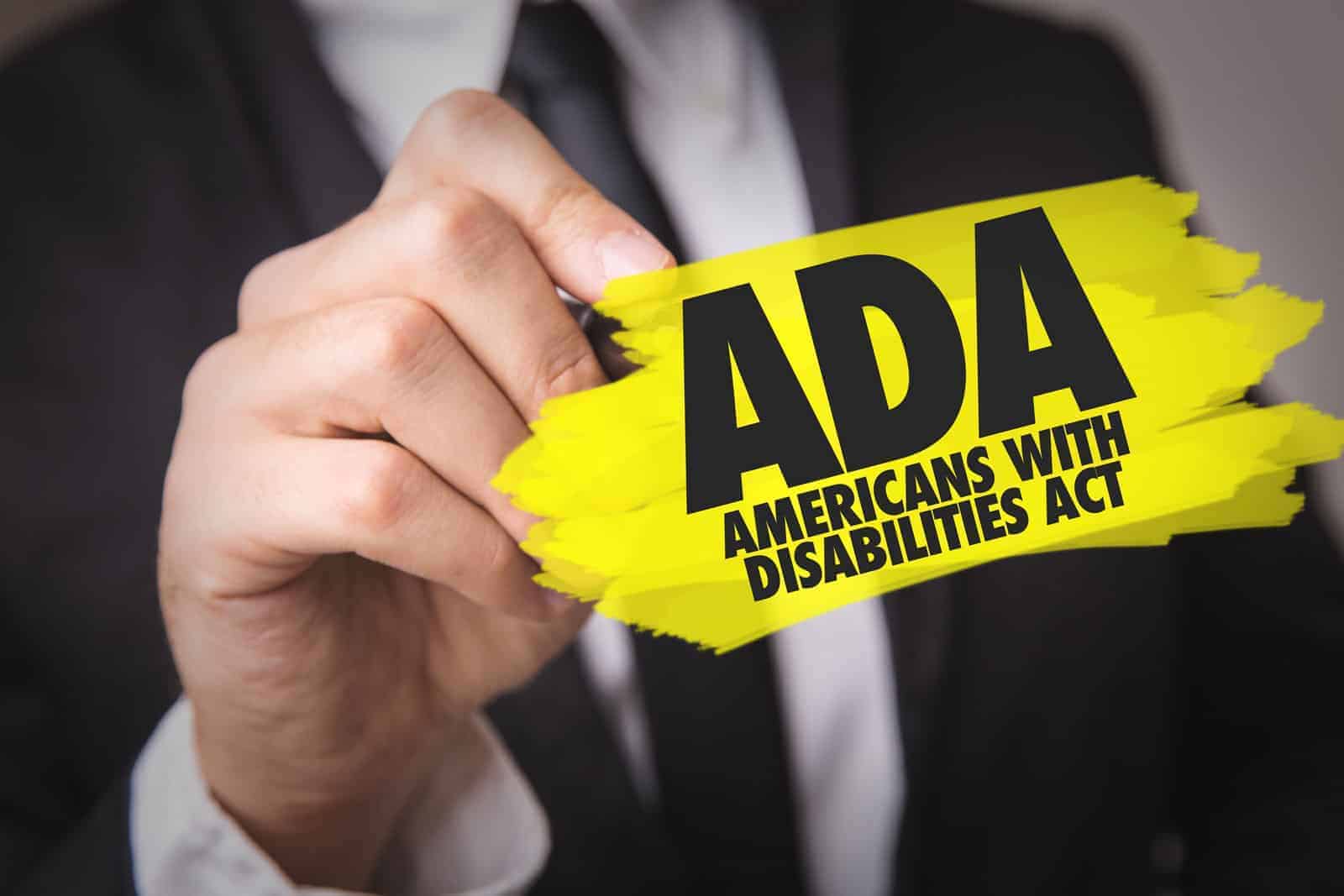
Ringless Voicemails: The Court Takes Aim
Is a call a “call” if you never received a call? The Southern District of Florida has weighed in on this legal riddle and concluded that ringless voicemails are “calls” under the TCPA and subject to its regulations. The case, Schaevitz v. Braman Hyundai, Inc., involved a car dealership that transmitted unsolicited pre-recorded voicemail messages to individual’s cell phones advertising trade-in options at the dealership. The messages were delivered using a ringless voicemail platform which deposits the messages directly into the individual’s voicemail box. There’s no ring and no call to answer, but a new voicemail arrives just the same.
So, how could ringless voicemail qualify as a “call?” In its analysis, the court determined that, although ringless voicemails are sent via the internet, they are still a “call” subject to the TCPA for two primary reasons. First, the general dictionary definition of a “call” is to communicate with another person with a telephone. Although the sender of ringless voicemails is not using a phone, the communication is achieved because of the recipient’s phone. Second, the TCPA was enacted for the purpose of protecting consumers from invasive practices of unsolicited telemarketing. Ringless voicemails accompanied by pre-recorded messages are no less intrusive than standard voicemail or text messages, which have been held to constitute “calls” under the TCPA.
What does this mean?
The Southern District’s analysis and conclusion is closely tied to the same reasoning that was used by courts in the past to determine text messages and standard voicemails fit into the definition of a “call” subject to the TCPA. It’s also the same reasoning used by the Western District of Michigan to reach the same conclusion about ringless voicemail in 2018. As technologies continue to advance and change, courts will likely continue to follow this “history and purpose” analysis in determining whether new forms of communication are subject to the TCPA. The question presented by ringless voicemail hasn’t uniformly been decided yet, but so far the trend is leaning towards defining them as “calls” subjecting the senders to TCPA liability.
About Mac Murray & Shuster LLP
Mac Murray & Shuster (M&S) provides consumer protection regulatory compliance and defense counsel to businesses nationwide in highly regulated industries including teleservices, financial services, debt collection, healthcare, and charitable contributions. Led by former state regulators, including a former Ohio Attorney General, M&S helps clients thrive against a complex regulatory landscape through proactive compliance management and representation in litigation and other matters before state attorneys general and federal agencies including the FCC, FTC, and CFPB. Visit mslawgroup.com to learn more.
This article courtesy of Mac Murray & Shuster LLP. It was written by Adam Steele and originally published on mslawgroup.com.






